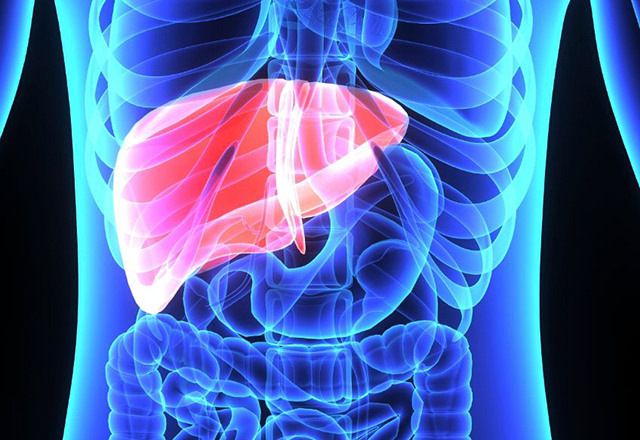How the university has shaped the world
By Kim Clarke
Joan and Janice Ottenbacher were always close as sisters. A lifesaving operation at University Hospital in 1964 made their bond extraordinary.
The 15-year-old identical twins were patients in the first human organ transplant in Michigan when Joan donated her kidney to Janice. Read the full story in The University Record.








